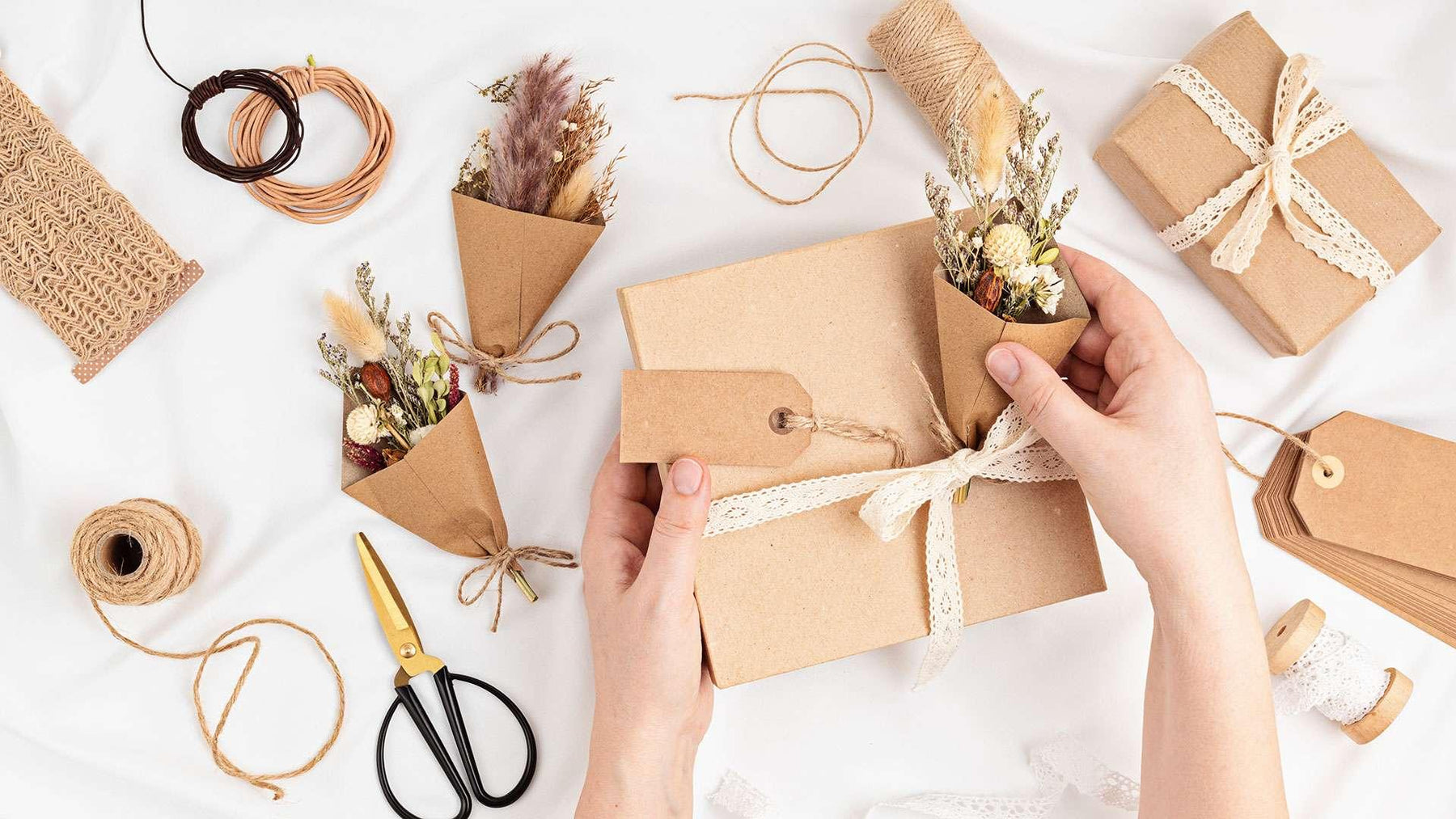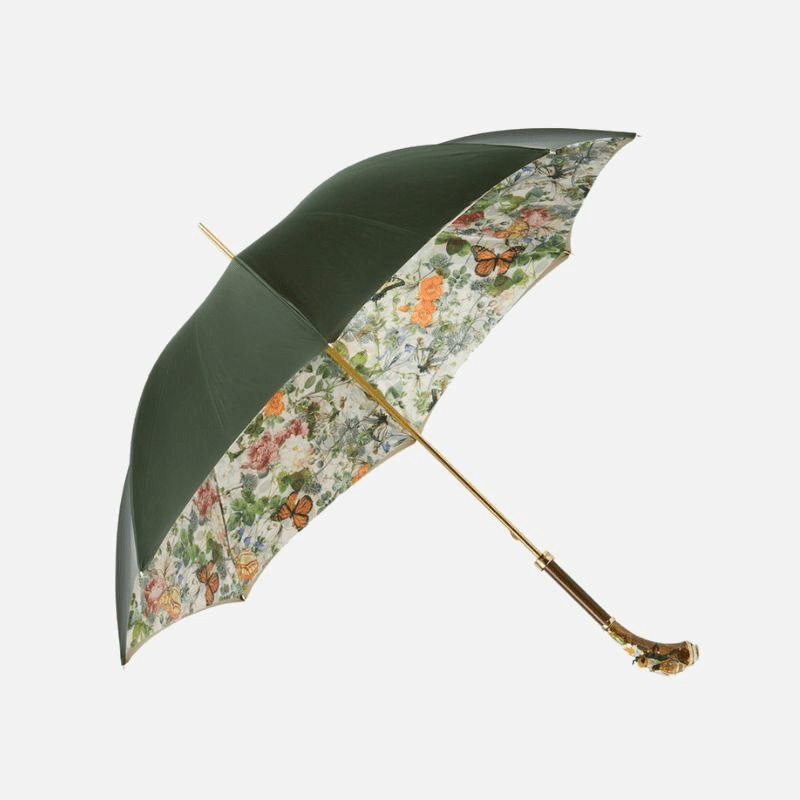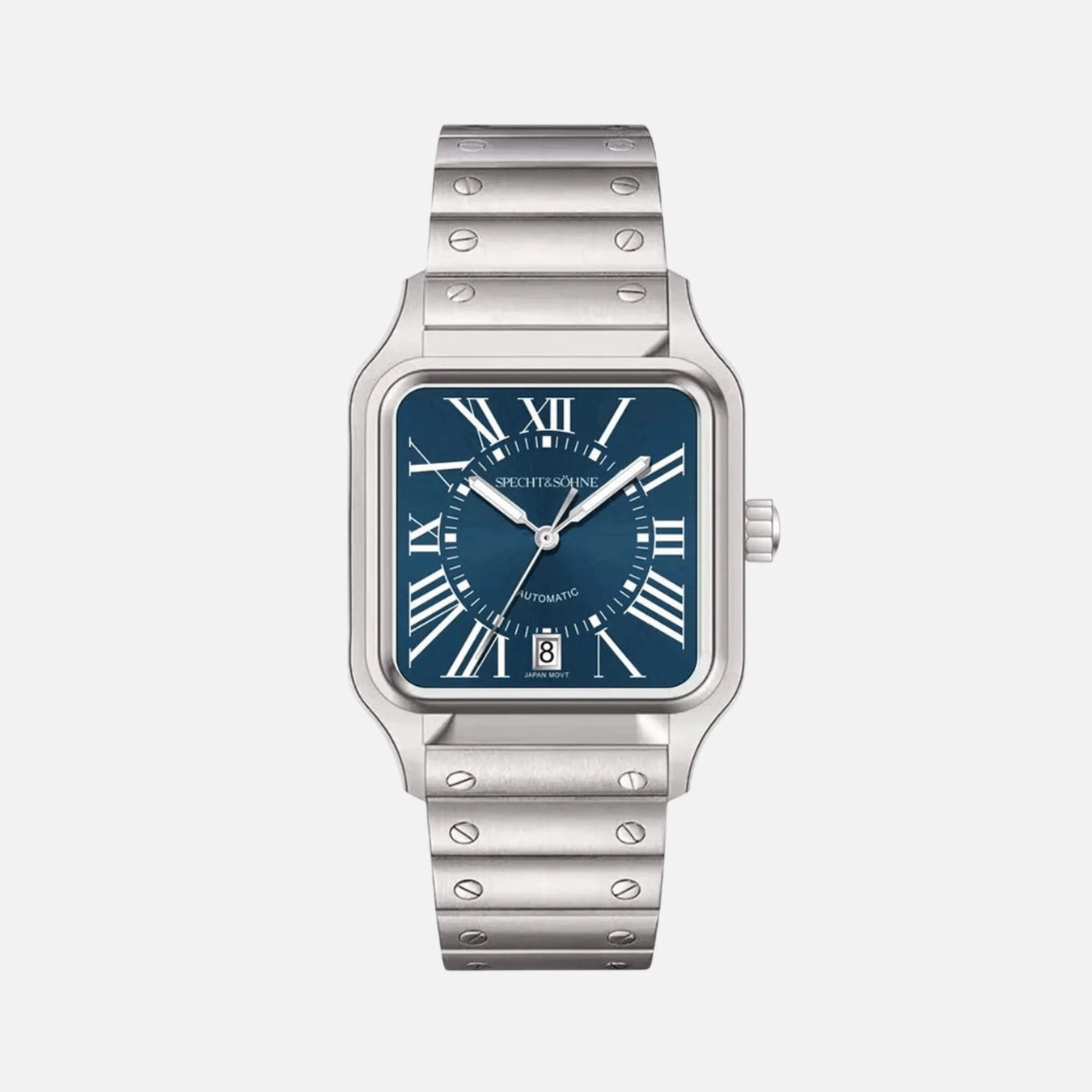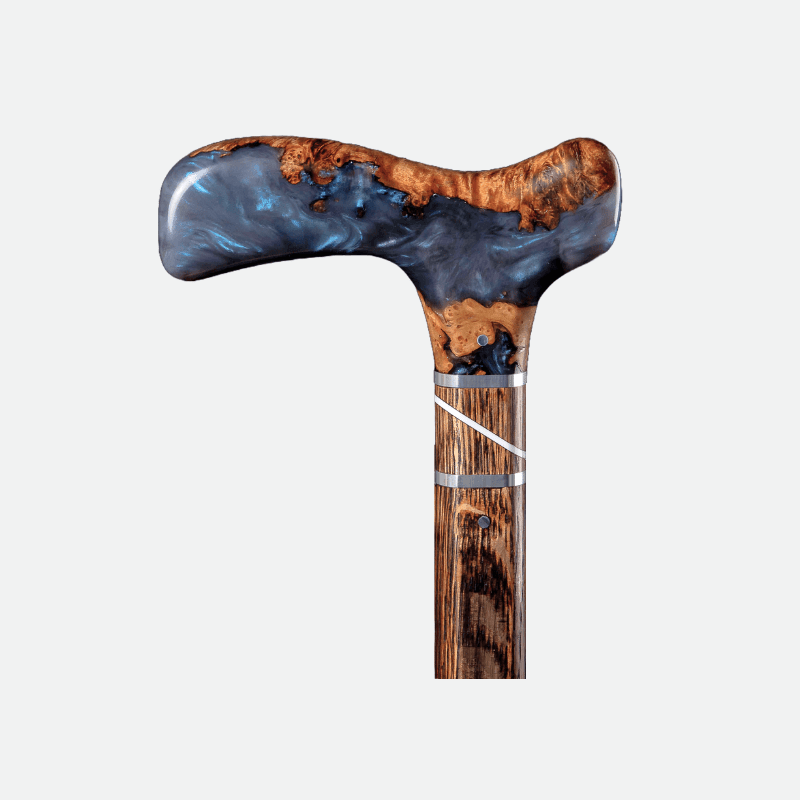
The Art of Gifting: Selecting Handmade Products for Special Occasions
Introduction to Personalized Gifting

Personalized gifting stands as a testament to the thoughtfulness and care poured into selecting a present. It transcends the mundane, offering a unique expression of appreciation and affection tailored to the recipient. When one opts for a handmade gift, they are choosing to honor the distinctive bond they share with the receiver. Handmade items are not merely products; they are stories woven by the hands of skilled artisans, each carrying a whisper of the creator’s soul.
Engaging in the personalized gifting process often begins with a simple yet profound question: What will bring joy to the recipient? This inquiry initiates a delightful journey through the artisans list, a curated collection of craftsmen whose expertise lies in bringing made-to-order dreams to life. Selecting handmade products means that each gift is imbued with the time-honored techniques and passions of its maker. It adds a level of personalization that mass-produced items cannot emulate.
Visiting an ‘About Us’ page can provide invaluable insight into the mission and values of the makers, fostering a deeper understanding and connection between the gift-giver, the artisan, and the end recipient. For the more curious or detail-oriented, an ‘FAQ’ section typically holds answers to questions about custom options, production timeframes, and the care that goes into creating each piece.
Personalized gifting through handmade products is not just about giving an item; it’s a celebration of individuality and craftsmanship that promises to leave a lasting impression on any special occasion.
The Emotional Value of Handmade Gifts

The intricacies of handmade products often go beyond their physical form, embodying an emotional resonance that transcends conventional gifting. When an individual selects a handmade gift, they are not merely purchasing an item, but rather they are encapsulating a sentiment of thoughtfulness and personal regard.
Handmade gifts inherently carry the essence of the artisan’s passion and dedication. A made to order item is not just a product of labor but a piece of the creator’s heart, skillfully woven or sculpted into existence. This level of personal investment from the artisan imbues the gift with a unique narrative that mass-produced items lack.
Recipients of handmade gifts frequently report a heightened sense of appreciation, knowing the effort and time dedicated to the creation of their gift. This appreciation extends to acknowledging the intricate details and the distinctiveness of the product, which often prompts enquiries about the artisan’s list behind the gift, stimulating conversations and giving a voice to the maker’s story.
Furthermore, gifting something handmade can communicate a deeper understanding of the recipient’s tastes and preferences, signifying the giver’s inclination to go the extra mile to find a personalized and meaningful present. It is a manifestation of the giver’s desire to forge a connection or to reinforce an existing one.
The process of selecting a handmade gift is not just about browsing products; it involves delving into the ‘About Us’ and ‘FAQ’ sections to understand the backstory of the item’s creation, bringing an additional layer of intimacy to the gift-giving experience.
In a world of ubiquitous, off-the-shelf products, the emotional value of a handmade gift can be profound. It stands as a testament to the time-honored tradition of gifting, where the emotional currency is as significant as the item exchanged.
Crafting the Perfect Gift: Tips and Tricks

When embarking on the journey of selecting a handmade gift for a special occasion, the unique touch of a made-to-order item speaks volumes. However, creating the perfect gift requires a blend of thought, creativity, and understanding the recipient’s taste. The first step is typically visiting the ‘about us’ section of a creator’s website to grasp their style and ethos. Next, peruse the ‘artisans list’ to find a craftsperson whose work resonates with the occasion and the personal flair you wish to convey.
To ensure the gift aligns with the recipient’s preferences, consider the following strategies:
- Understand Their Style: Reflect on the person’s style and preferences. Are they drawn to minimalist designs, or do they prefer something more elaborate? Aligning the gift with their taste increases the sentimental value.
- Personalization: Enquire if the artisan offers personalization, as this adds a layer of exclusivity and emotional significance to the gift.
- Made-to-Order Options: For a truly unique gift, opt for made-to-order options from the artisan. This allows for customization and ensures that the gift is one-of-a-kind.
- Quality over Quantity: Focus on the quality of materials and craftsmanship rather than the size or price of the item. A small, well-made object can have a much larger impact.
- Advance Planning: Remember that handmade items often take time. Check the FAQ for production and delivery times to ensure the gift arrives for the special occasion.
- Presentation: Consider the presentation of the gift. The packaging and mode of delivery can enhance the overall experience of receiving a handmade item.
Ultimately, the key to crafting the perfect gift is marrying the recipient’s personal style with the distinctive qualities of handmade products. Whether it’s a bespoke piece of jewelry, a custom-engraved keepsake, or a tailored home decor item, the extra effort will communicate the depth of your appreciation and the specialness of the occasion.
Evaluating Craftsmanship in Handmade Goods

When selecting handmade products for special occasions, it is crucial to assess the craftsmanship to ensure the gift is of high quality and conveys the intended sentiment. Unlike mass-produced items, handmade goods often have a story, as artisans pour their skills and passion into each creation. Here are key factors to consider:
-
Materials: Examine what materials are used. Quality raw materials are a cornerstone of excellent craftsmanship. The durability and finish of the materials can also give insight into the item’s longevity.
-
Attention to Detail: Meticulous attention to detail, such as precise stitching or perfect glazing on pottery, often signifies a high level of craftsmanship. Look for evidence that the artisan has taken the time to perfect their work.
-
Consistency and Symmetry: Although handmade items may naturally have slight variations, there should be a consistency in design and form. For example, a set of handmade glasses should closely match in size and shape.
-
Finish: A smooth finish, whether it is the final polish on a piece of jewelry or the varnish on a wooden bowl, is crucial. Examine the piece for any signs of last-minute fixes or rushed work.
-
Functionality: Ensure the item functions well for its intended purpose. A beautifully crafted piece that doesn’t serve its function might not be the best choice.
-
Artisans List: Research the artisans on an artisans list about us section or FAQ to learn their expertise, background, and the techniques they employ. This information provides assurances of the product’s authenticity.
-
Made to Order: Consider if the item is made to order, which often guarantees that the artisan has given individual attention to the piece.
By evaluating these aspects, one can appreciate the true value of handmade goods and select a gift that reflects thoughtfulness and respect for artisanal tradition.
Gift Ideas for Various Occasions

Choosing the perfect present for a special occasion can be an art form in itself, and opting for handmade products not only adds a unique touch but also supports artisans and their meticulous craftsmanship. Selecting made-to-order gifts ensures a personalized experience that can make any event memorable. Here are curated gift ideas for various occasions:
- Birthdays: Celebrate life with a custom-made piece of jewelry or a personalized handcrafted photo frame that captures heartfelt memories.
- Weddings: For newlyweds, a bespoke handmade quilt or a set of customized ceramic dinnerware can symbolize the warmth and unity of their new life together.
- Anniversaries: Reflect the timelessness of a relationship with an artisan-made clock or a unique sculpture that represents the couple’s journey.
- Housewarming: Gift a beautiful handmade vase or a set of scented candles made by local artisans to bring warmth to a new home.
- Baby Showers: Opt for an adorable, soft, hand-knitted baby blanket or an artisan-crafted mobile for the nursery.
- Graduations: Celebrate this milestone with a custom-engraved leather journal or a hand-painted inspirational wall art.
- Festivals: Depending on the festival, choose culturally relevant handmade decor like a hand-carved wooden centerpiece or artisanal festival-themed ornaments.
- Corporate Gifts: Impress clients or colleagues with high-quality, handcrafted leather goods, or unique office accessories created by skilled artisans.
When browsing for these handmade gifts, visiting an ‘artisans list’ can offer an array of options, with frequently asked questions (‘FAQ’) sections providing insight into the care and story behind each crafted piece. An ‘about us’ page can often give background on the mission and origins of the makers, adding another layer of appreciation to the act of gifting. Handmade presents are not merely items; they are stories woven with passion and individuality.
Customization: Making Handmade Gifts Unique

Handmade gifts carry an intrinsic value that is amplified through customization. When handcrafting a gift, artisans have the opportunity to mold and tailor their creations to suit the unique preferences and personalities of the recipient. This made-to-order approach transforms a simple gift into a bespoke treasure.
One of the key elements in making handmade gifts unique is the option to personalize them. Artisans often provide services that allow for the addition of names, special dates, or personal messages. This level of customization infuses the gift with a deeper meaning and creates an emotional connection between the giver and the receiver.
Here are several ways through which customization can be achieved:
-
Material Selection: By choosing specific materials, colors, or textures, one can ensure the gift aligns with the recipient’s tastes or the occasion’s theme.
-
Design Customization: Working closely with artisans, customers can alter existing designs or bring their own visions to life, ranging from engraving to bespoke illustrations.
-
Functionality Adjustments: Adapting a product to better meet the needs of the user, such as adding compartments to a handmade bag, enhances its value and utility.
-
Artisanal Engagement: Many handmade platforms provide ‘about us’ sections or ‘artisans list’ pages, where customers can learn more about the creators and communicate directly to discuss personalization options.
-
FAQ and Support: A comprehensive FAQ page can guide users through the customization process, ensuring clarity on what can be tailored.
A handmade, made-to-order gift goes beyond the mundane, allowing individuals to partake in the creative process. It’s not just about purchasing an item; it’s an immersive experience where the buyer’s input shapes the final outcome contributing to the distinctiveness of the present. Such personalized gifts resonate with individuality, making every occasion truly special.
Sustainability and Ethical Considerations in Gift Giving

When engaging in the art of gifting, especially with a selection of handmade products for special occasions, it is crucial to factor in sustainability and ethical considerations. The emphasis on handmade gifts generally suggests a commitment to eco-friendliness and positive social impact, resonating with those who seek to make conscientious choices.
-
Firstly, consumers are increasingly aware of the ecological footprint of their purchases. Opting for handmade products often means a lower carbon footprint, as these items are typically made on a smaller scale and with a personal touch. Many handmade gifts are made to order, which helps minimize excess production and waste. Indeed, seeking out artisans who use sustainable materials and processes is a thoughtful approach to eco-conscious gifting.
-
Secondly, ethical considerations play a significant role. By choosing to buy from an artisans list that prioritizes fair trade and ethical labor practices, gift-givers can ensure their presents support the welfare of the individuals who craft them. It’s a chance to connect with the maker’s story and the cultural heritage imbued in their creation, elevating the significance of the gift.
-
Thirdly, those looking to gift responsibly can benefit from perusing FAQs or ‘About Us’ sections on marketplaces or standalone shops to learn more about the sourcing and production of handmade items. This knowledge can assure the giver that their selected gift aligns with their values.
-
Lastly, incentivizing and supporting local or small-scale artisans helps maintain traditional crafts and provides economic opportunities in communities that might otherwise be overshadowed by mass production. Every handmade gift carries a narrative of thoughtful exchange, sustainability, and ethics, which is invaluable in fostering a more mindful and connected world.
Navigating the World of Artisans and Craft Markets
When embarking on the quest for the perfect handmade gift, one is entering an enchanting realm fashioned by creativity and skilled craftsmanship. The world of artisans and craft markets is vast and varied, teeming with unique, bespoke treasures waiting to be discovered.
- To begin, familiarize oneself with the ‘About Us’ or ‘FAQ’ sections of craft market websites or directories. These pages often provide insight into the ethos of the artisan community and the types of products that are available.
- Exploration through an ‘Artisans List’ offers a window into the world of individual creators. It allows for a deeper understanding of the processes and stories behind the handmade items, making the gifting experience all the more special.
- Attend local and regional craft fairs to witness artisans at work and to feel the material quality of the items firsthand. Engaging with the makers can also provide a personalized narrative to the gift that adds sentimental value.
- Inquire about ‘Made to Order’ possibilities. This option enables the gifting of items that are customized and tailored to the recipient’s preferences, enhancing the sentimentality and thoughtfulness of the gift.
- Take the time to learn about the techniques and materials used by artisans. This knowledge not only enriches the purchasing experience but also allows one to appreciate the time and expertise imbued in each handmade creation.
Navigating the artisan realm calls for patience and an appreciation for the minutiae that distinguish handmade products from their mass-produced counterparts. It is an adventure that rewards the gifting process with authenticity and a touch of personal connection, ensuring that the present is not just given, but truly selected with care and consideration.
Maintaining the Surprise: Presentation and Packaging

The element of surprise is integral to the experience of receiving a gift, particularly when it involves handmade products that carry a unique touch. Presentation and packaging become extensions of the gift itself, reflecting the care and thoughtfulness invested by the giver. For those who offer made-to-order gifts, creating an unboxing experience that delights the senses becomes as important as the item inside.
When selecting handmade products from artisans for special occasions, consider the following:
-
Personalization: Packaging that is personalized for the recipient adds a layer of intimacy. This could involve monogramming or a handwritten note that shares a message or the story behind the item.
-
Quality Materials: Use high-quality wrapping materials that protect the item and suggest luxury. This could include sturdy boxes, soft tissue papers, ribbons, or eco-friendly packaging that aligns with the artisanal product’s values.
-
Branding: If the gift is from a specific artisan or shop, consider including a small card or pamphlet that tells more about the maker’s story or the ‘about us’ section of their online presence. This builds a connection between the recipient and the artistry involved.
-
Informational Inserts: Including an ‘FAQ’ or care instructions card can be especially useful for handmade items that require specific maintenance.
-
Visual Appeal: Stay consistent with the theme of the gift or occasion. If the product has a rustic charm, opt for packaging that complements it with a similar aesthetic.
-
Craftsmanship: Showcase the item’s craftsmanship by ensuring that the packaging doesn’t overshadow it. The goal is to augment the product’s allure, not distract from it.
-
Checklist: For those managing a list of artisans, include this thoughtful packaging as part of the checklist to maintain quality and consistency.
Ultimately, the presentation and packaging should mirror the exclusivity and effort that goes into a handmade product. It’s not simply about concealing a gift; it’s about elevating the entire gifting experience through meticulous attention to detail.
Creating Lasting Memories Through Handmade Gifts

The emotional impact of giving goes beyond material worth when the gift is handmade. It speaks volumes about thoughtfulness and the time invested by the giver. While browsing the FAQs or reading about us on artisan websites, one thing stands out: the dedication to craft—which translates into the gifts people give.
Gifts that are made to order carry with them a piece of the giver’s heart. Each stitch, brush stroke, or chisel mark tells a story of love, commitment, and uniqueness. The gesture of choosing from an artisans list a made-to-order item demonstrates appreciation for craftsmanship and personal connection.
Memorable gifts are born from an understanding of the recipient’s tastes and individuality. Personalizing a handmade gift can further enhance its sentimental value. Engraved messages, custom designs, or even incorporating elements significant to the person receiving the gift, convey thought and care that last far beyond the initial exchange.
To truly touch the heart strings:
- Offer a gift that interacts with the senses – a handcrafted candle with a calming scent, a softly woven scarf, or a hand-painted mug.
- Embrace the story behind the handmade item and share it – knowing an artisan’s name, location, and inspiration adds depth to the gift.
- Document the creation process if possible, especially for made-to-order gifts – photos or notes from the artisan build anticipation and add to the unwrapping experience.
Handmade gifts do not fade into the background of one’s possessions. They become treasured keepsakes, often passed down through generations, turning moments into lasting memories. When gifting, choose handmade, witness the joy it brings, and the lasting memories it creates.
Conclusion: The Lasting Impact of Thoughtful Gifting

Thoughtful gifting, especially when it involves selecting handmade products for special occasions, demonstrates a deep level of care and appreciation for the recipient. Beyond the immediate joy of receiving a gift, there are enduring effects that a well-chosen, handcrafted present imparts. Such items are not just commodities; they’re tangible representations of a moment, emotion, and connection.
Artisans pour their skill and passion into each item they create, making each a unique expression of craftsmanship. When someone chooses a handmade gift, they are supporting these artisans and their work, promoting a cycle of creativity and sustainability. This goes beyond a transaction on an artisans list or a made-to-order request; it’s supporting the ethos of craft and effort.
Adding a personal touch to the gifting process enhances the sentiment behind the present. Providing context about the artisan or detailing the story behind the making of the item can deepen the recipient’s appreciation and the meaningfulness of the gesture. Often, these stories are what linger long after the material gift has been integrated into daily life.
Gifting also serves as an expression of one’s values. By selecting gifts that are sustainably produced and ethically sourced, one can instill a conversation about the importance of conscious consumption. It’s an education in the value of handmade over mass-produced, quality over quantity.






